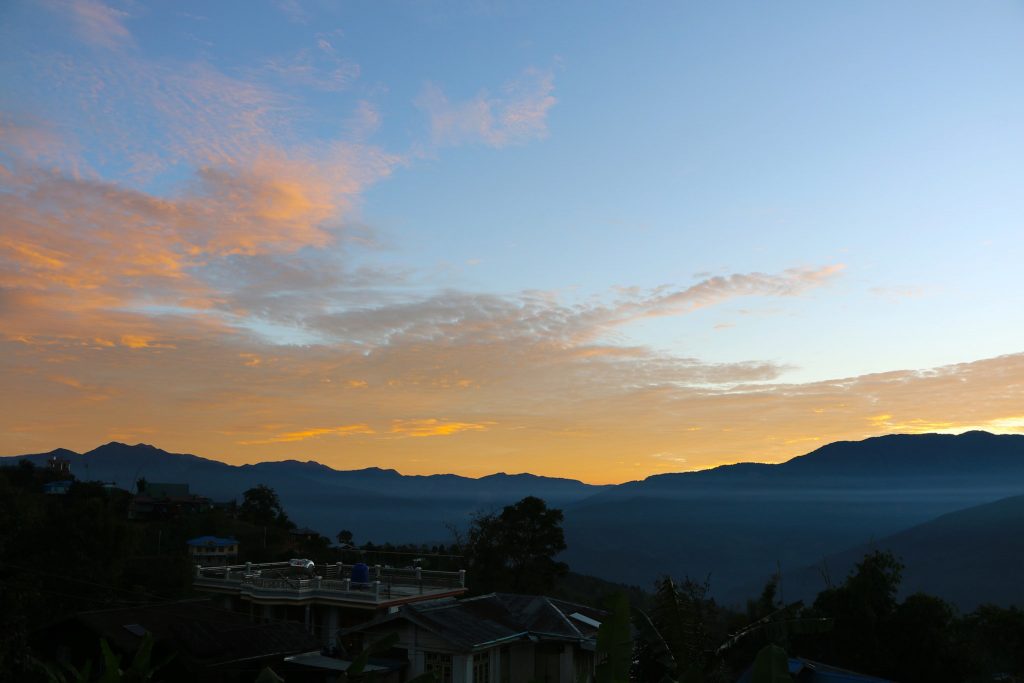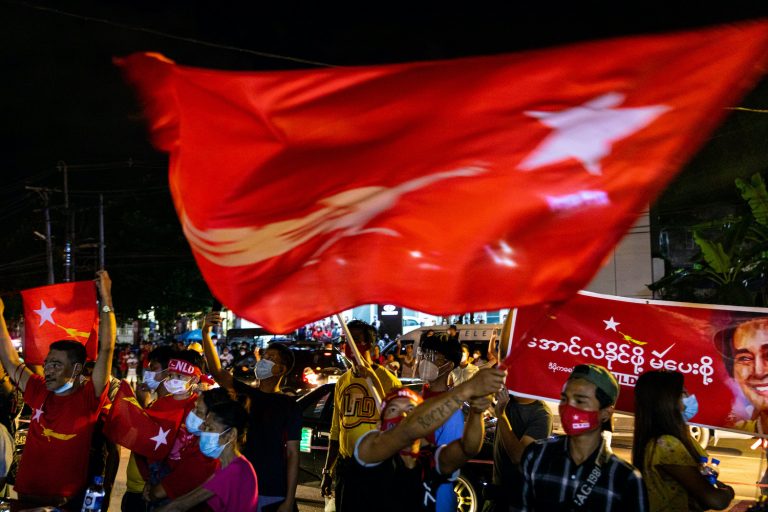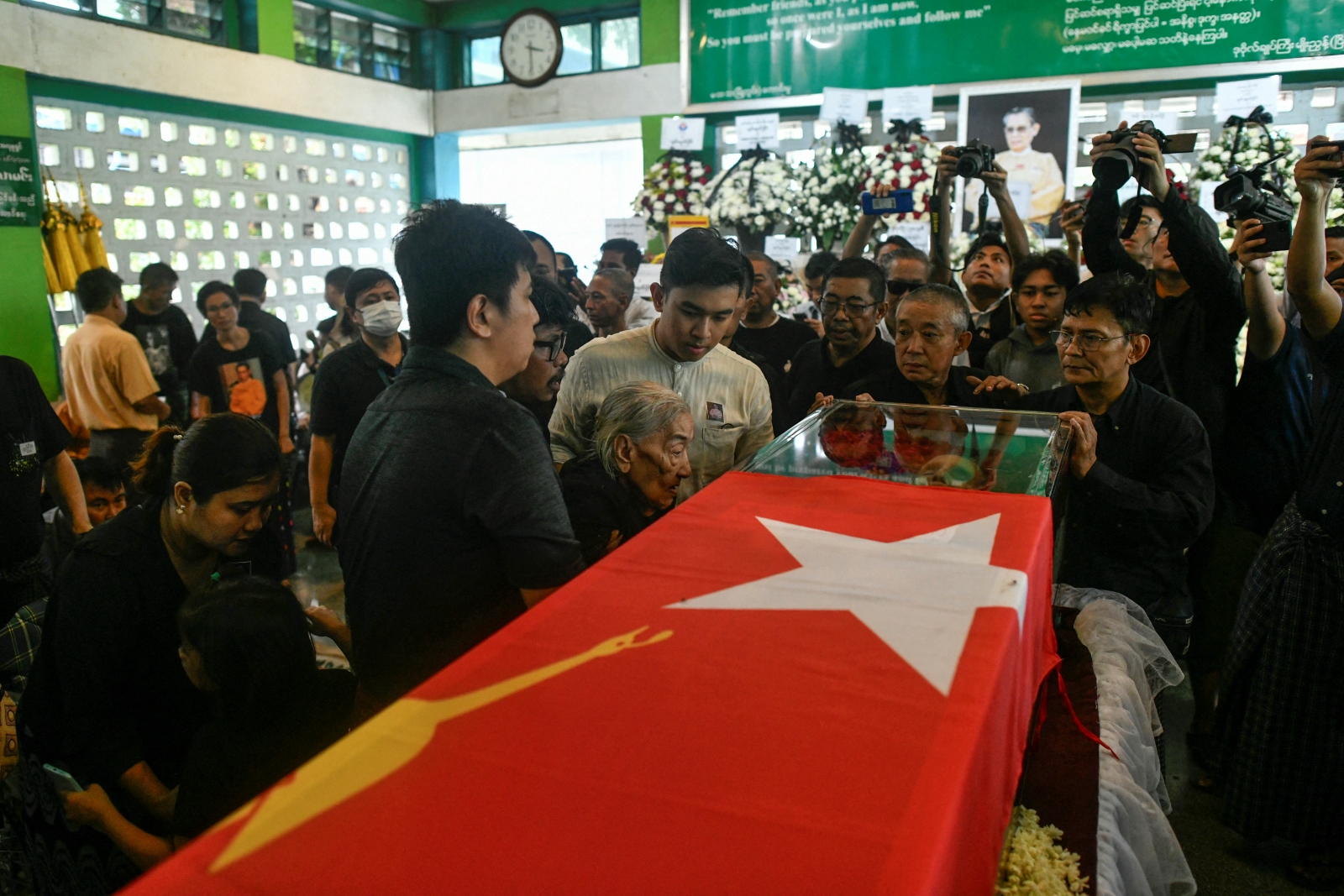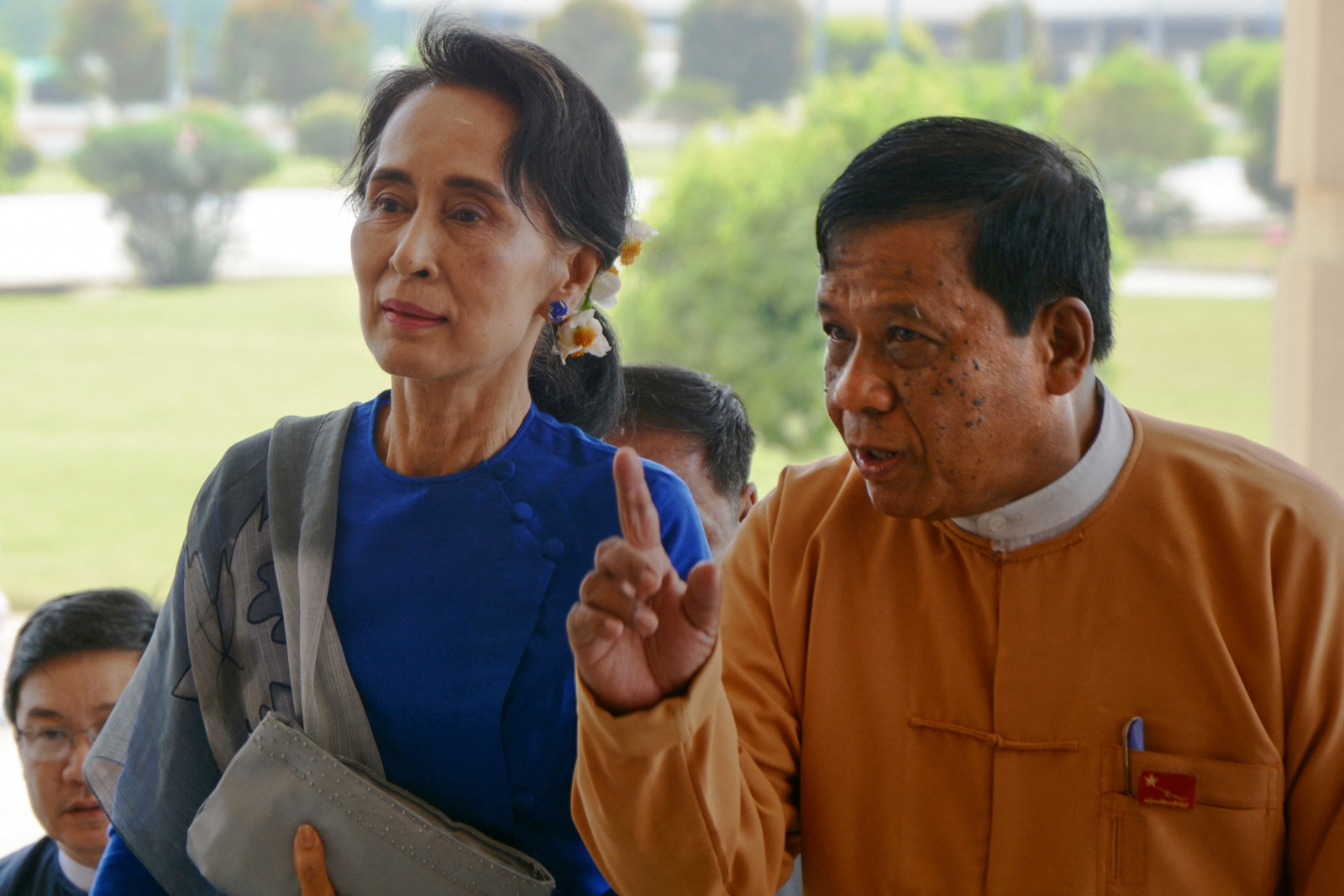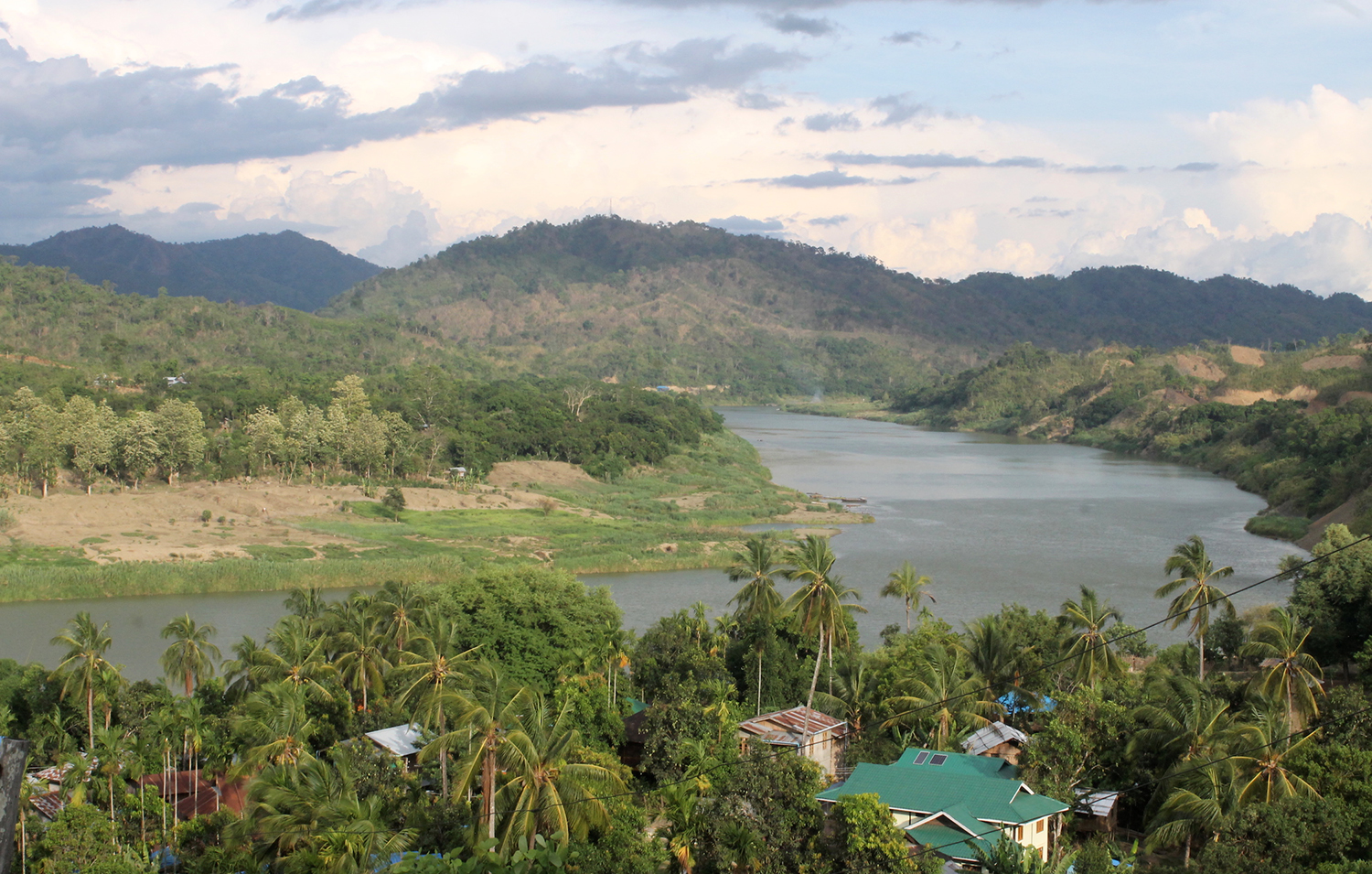Bitter infighting threatens to fell the Chin State Hluttaw’s only ethnic party, which suffered devastating losses amid the National League for Democracy landslide on November 8.
By PYAE SONE AUNG | FRONTIER
Fierce infighting within the Zomi Congress for Democracy lies behind the party’s loss of most of its seats on November 8, party members tell Frontier.
The discord among members of the ZCD, which is the only ethnic party in the Chin State Hluttaw, is so bad that it is putting the party’s future in doubt.
This year and in the 2015 election, the ZCD fielded most of its candidates in Tedim and Tonzang townships in northern Chin State, where the Zomi community – a group that is labelled a Chin sub-group, but has a proudly separate identity – is mainly concentrated.
Of the 11 seats the party contested in 2015, which also included the Chin State Hluttaw seat of Hakha-2 and the Pyithu Hluttaw seat of Kalay in neighbouring Sagaing Region, it won three each in Tedim and Tonzang. These were Chin-5 and Chin-7 in the Amyotha Hluttaw, the Pyithu Hluttaw seats in each township, and Tedim-1 and Tonzang-2 in the state hluttaw. It was the only ethnic-based party to win seats in Chin.
The ZCD fared much worse this year. Although it contested all nine seats in Tedim and Tonzang townships, as well as the seat of Kalay-2 in the Sagaing Region parliament, it retained only the Pyithu Hluttaw seat of Tonzang and the state hluttaw seat of Tonzang-2. It lost its four other seats to its long-time ally the National League for Democracy, which has increased its majority in Chin.
ZCD secretary general Pu Gin Kam Lian, who lost the Tedim Pyithu Hluttaw seat to the NLD’s Paung Swin Mung, said power struggles within the party contributed to its defeat, but so too did external factors such as UEC mismanagement, COVID-19-related restrictions on campaigning and the NLD’s incumbency advantage.
“We lost in part because of traitors in the party,” he told Frontier on November 9, referring to former party members that had defected to the NLD or run as independents this year.
Dissension in the ranks
After winning the state hluttaw seat of Tedim-1 for the ZCD in 2015, Pu Thang Deih Khup launched a campaign backed by core supporters to have his home village of Tuithang upgraded to “myo” (town) status, which would allocate it more resources from the state.
At the same time, Pu Chin Sian Thang, the ZCD chair and Pyithu Hluttaw MP for Tedim, was also trying to have Kapteel village designated a “town”. Currently, only the hub town of Tedim at the centre of the township enjoys this status.
Each township in Myanmar has at least one town, which acts as the administrative hub and is subdivided into urban wards, and a rural hinterland that is broken down into village tracts. However, a township can have more than one town, each of which receives an elected municipal committee and a set of government officers and facilities not found in villages.
The rival town proposals in Tedim pitted the two Zomi politicians against each other, since it was unlikely that the government would designate two new urban areas in the township. When neither were ultimately approved, each blamed the other for their failure.
The dispute culminated in 2019 with Thang Deih Khup’s resignation and subsequent defection to the NLD – a move that lost the ZCD more than 2,000 votes from villagers in Tuithang, who had high hopes of becoming residents of a new “town” after the election.
But others that Frontier spoke to blamed the ZCD’s defeat on the party’s poor slate of candidates.
“Two of the five ZCD candidates in Tedim were unknown to most of the party, let alone the voters,” Vungh Khen Mung, the former ZCD secretary in Tedim, told Frontier on November 20. “But the NLD candidates were young, educated and highly-regarded in Tedim.”
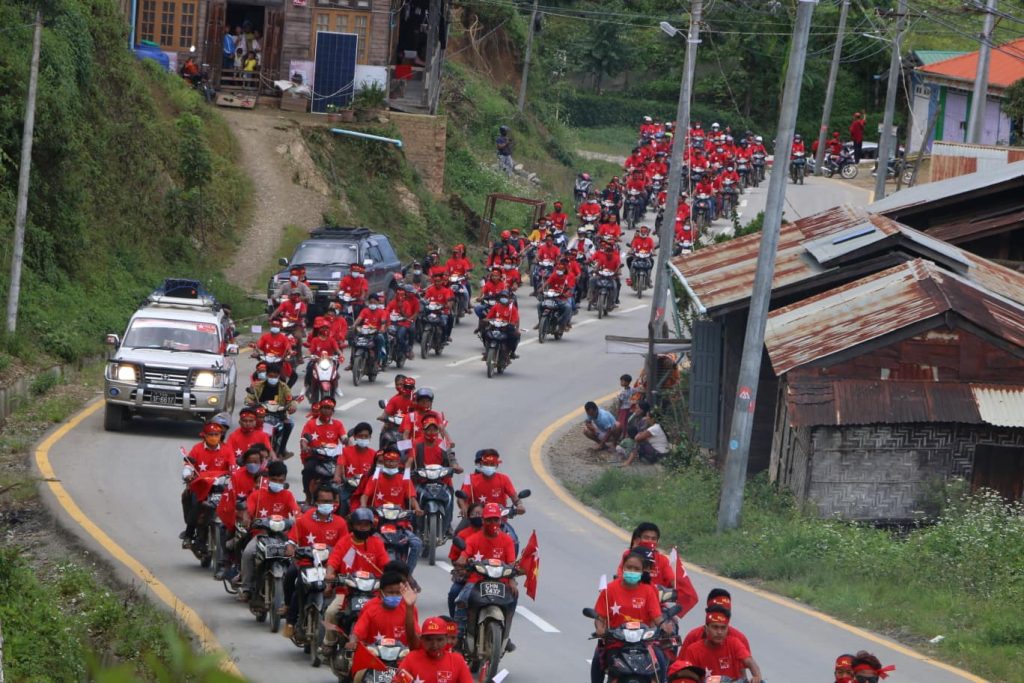
In 2015, the NLD chose not to stand against ZCD chair Chin Sian Thang in the contest for Tedim’s Pyithu Hluttaw seat out of respect for its historic alliance with the party, stretching back to the 1990 election, whose results were annulled by the military junta. Chin Sian Thang, who was elected in 1990 and served as a political prisoner for his pro-democracy activism, is also personally close to NLD chair and State Counsellor Daw Aung San Suu Kyi.
The 82-year-old Chin Sian Thang did not seek re-election this year for health reasons. Instead, the ZCD chose Gin Kam Lian, the party’s general secretary, to contest his seat. Gin Kam Lian pinned his loss to the NLD on the ruling party’s abundant resources and because “the image of Daw Aung San Suu Kyi speaks very loudly”.
The candidate selection process itself created dissension in the party. An ostensibly democratic process, it was criticised by some who unsuccessfully sought to be candidates as being pre-ordained and opaque. There were no established procedures or criteria for selecting candidates, and no special committee tasked with making selections, Vungh Khen Mung told Frontier.
Earlier this year, party members in Tedim formed an ad-hoc committee that asked those who aspired to be candidates to invite two or three party members from each village in the township to a meeting in Tedim town, where they would elect five candidates – one for each seat in the township – from a field of 11 aspirants in July. Vung Khen Mung said the process in practice involved hand-picked loyalists backing whoever invited them to the meeting. Vung Khen Mung sought a candidacy but was not ultimately selected.
“I had previously never seen or heard about many of those who came to the party office to choose the candidates; they were certainly not active members,” Vungh Khen Mung said.
Former party member Goal Kham Paung agreed. He was so upset about the candidate selection process, he resigned from the party in protest and ultimately voted for the NLD.
“They burnt the ballots after the candidate election, so it wasn’t transparent. They must have been up to something fishy,” he told Frontier on November 21.
Gin Kam Lian, the ZCD general secretary, disputed the allegations, insisting the process was fair and that those who were not elected as candidates were simply unpopular.
Vungh Khen Mung said that, in 2015, young people campaigned hard for the ZCD and, inspired by the experience, left the state to study politics in Yangon, at the Yangon School of Political Science, the Institute for Political and Civic Engagement at the American Center, or with civil society organisations. They’ve since tried to reform a party they feel is controlled by an old guard that is too fixed in its ways.
“Although outsiders don’t know it, the need for drastic reform has long been a topic of discussion [in the party and the Zomi community],” he said. “It is at the centre of an ongoing debate in the Zomi language.”
This generational battle came to the fore during the candidate selection process, with harmful electoral consequences.
After the ZCD withdrew its selection of popular young candidate Kham Lam Taung for the Amyotha Hluttaw seat of Chin-3 in Tonzang, he decided to run as an independent, further splitting the vote.
The NLD polled 36.59 percent to the ZCD’s 28.66pc and Kham Lam Taung’s 13pc. The ZCD would likely have held the seat if not for his independent run.
Kham Lam Taung is still bitter over the ZCD’s withdrawal of his candidacy ahead of the election, telling Frontier the decision was made on “obscure and inconsistent grounds”.
Unfulfilled promises
Constrained by limited resources and power, the ZCD was also unable to fulfill many of the election promises it made in 2015 about development and identity preservation. This may have damaged its credibility with voters, even if they were unaware of the in-fighting.
For instance, the party dropped a movement for Zomi people to have their ethnicity marked as Zomi, rather than Chin, on their Citizenship Scrutiny Cards, and to have the Zomi language more widely recognised. The movement had inspired endless debate and ultimately failed in the NLD-dominated state hluttaw.
The ZCD may also have been hurt by a widespread perception that NLD constituencies, for instance in southern Chin, are allocated far more resources by the NLD-led state and Union governments, resulting in the Zomi homeland in northern Chin being left behind.
“Roads, schools and other infrastructure are being built and upgraded more in southern Chin than in the northern areas like Tedim and Tonzang,” Vungh Khen Mung said. “It’s logical for people to think MPs from the ruling party would be more able to persuade the state government to support development projects than those from the ZCD.”
That was at least one of the reasons that Kam Kim Mung, a 26-year-old that voted for the ZCD in 2015, voted NLD this year.
“I voted for the NLD because of its good performance in development and in securing ethnic rights,” the Tedim resident said.
Diminished, demoralised and divided, the ZCD faces a hard task in reinventing itself ahead of the next general election in 2025.


